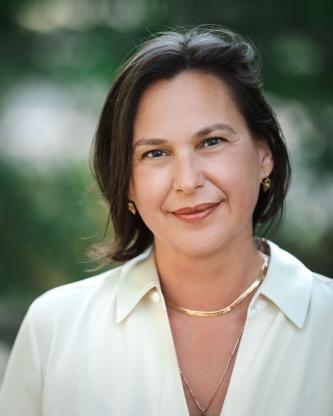

Professor, Department of Sociology
Jenny Trinitapoli’s work bridges the fields of social demography and the sociology of religion. She combines these two specialties in research that features the demographer's characteristic concern with data and denominators and an insistence on connecting demographic processes to questions of meaning. Her work in sub-Saharan Africa is shedding new light on the complicated relationship between HIV and other dimensions of social life, especially fertility, family, and religion. Trinitapoli is the co-author of Religion and AIDS in Africa (Oxford University Press, 2012) and the forthcoming An Epidemic of Uncertainty: Navigating HIV and Young Adulthood in Malawi (University of Chicago Press, 2023).
Since 2008, Trinitapoli has been the principal investigator of Tsogolo la Thanzi (TLT), an ongoing longitudinal study of young adults in Malawi. TLT asks how young adults negotiate relationships, sex, and childbearing with a severe AIDS epidemic swirling around them. The TLT research centre in Balaka, Malawi is staffed by over two dozen talented locals and supported by grants from the National Institute of Child Health and Human Development.
Beyond her fieldwork commitments in Malawi, Trinitapoli is devoted to intellectual exchange across institutions and world regions. Her work on uncertainty is seeding new collaborations with colleagues in Italy, Austria, China, Brazil and the United States. Next academic year, she will be spearheading a new initiative to bring junior scholars from the African Institute for Development Policy to the Center for International Social Science Research at UChicago as visiting fellows.
Q&A
Q: Why is international collaboration important in your field of study?
A: Survey research is definitely a team sport! It requires many players – all with distinct skillsets -- to craft meaningful questions, execute a sampling strategy, communicate effectively to the community, begin recruitment, finalize good translations, and solve a host of practical problems. And that’s all before we start collecting the data or conducting our analyses.
Q: What has interested or surprised you most in building your international collaborations?
A: The best surprise is how these collaborations often turn into profound and durable friendships. The annoying surprise is that research keeps getting more expensive, while award amounts haven’t grown at all since the 1980s. The struggle to do more with less is real.